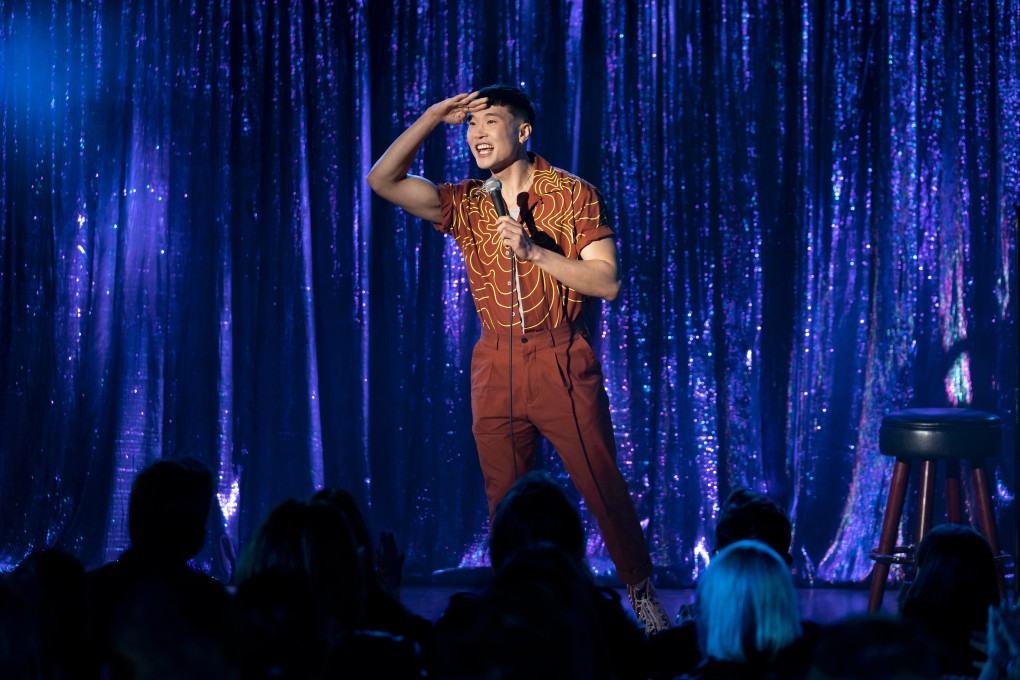Joel Kim Booster’s recent forays into movie producing and Netflix specials – and why his job ‘isn’t to represent all of you’
- June was a huge month for actor/writer Joel Kim Booster, with three new releases, including the first movie he executive produced, and his debut Netflix special
- The entertainer talks about his Christian upbringing, self-discovery and how stopping trying to represent everyone allowed him to ‘make people laugh’

Joel Kim Booster knows about having “a moment”.
In the past five years, the actor/writer has voiced characters in Netflix’s BoJack Horseman and Big Mouth, guested on HBO’s Curb Your Enthusiasm, and starred in the short-lived NBC sitcom Sunnyside.
But with a Hulu/Disney+ romcom (Fire Island), Netflix stand-up special (Psychosexual) and Apple TV+ comedy (Loot) all having premiered in June, the long-touted “comedian to watch” is finally poised to break out.
“Since 2016, when I ended up on [popular American chat show] Conan, well-meaning people in my life have been like, ‘This is it! You’re about to be huge!’,” says Booster, 34.
Stand-up [comedy] was ... really the start of processing my experience and the way I navigated the world
“I’ve been hearing that for years and it hasn’t exactly happened, so my response now is incredibly measured. I’m very grateful that I’m able to support myself doing this, and I’m very pleased that people seem to be liking [these projects].”